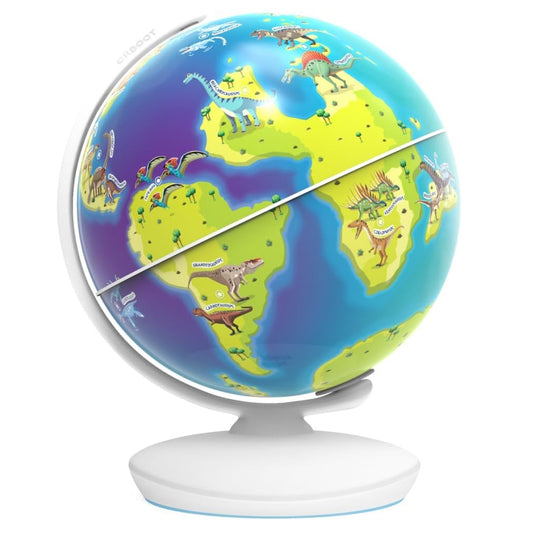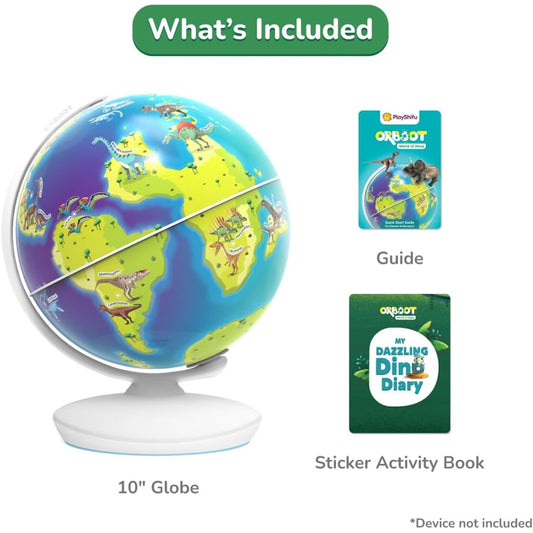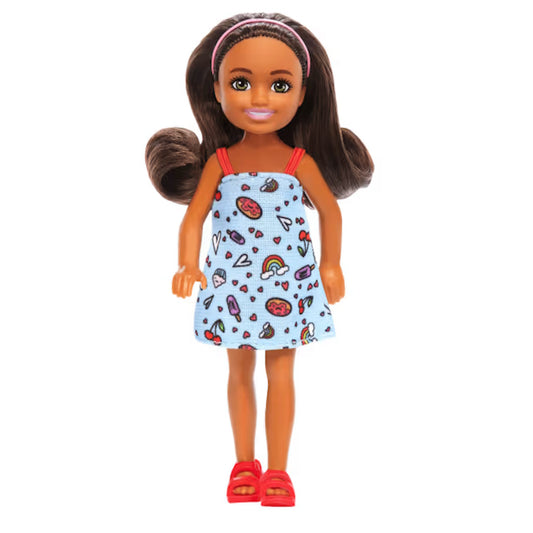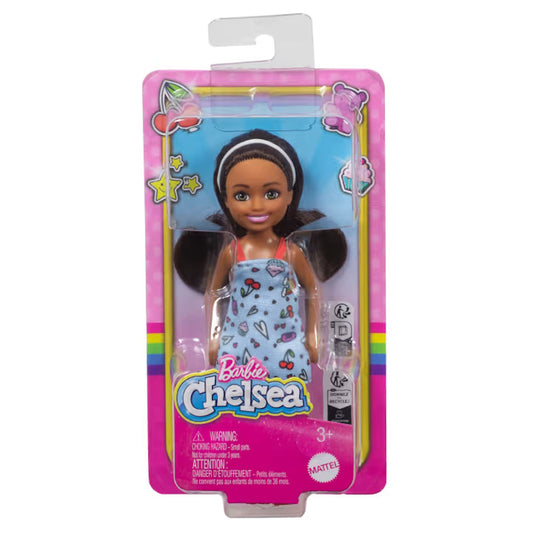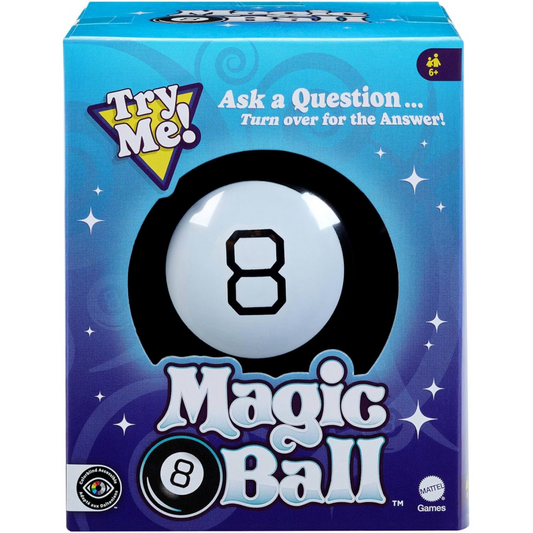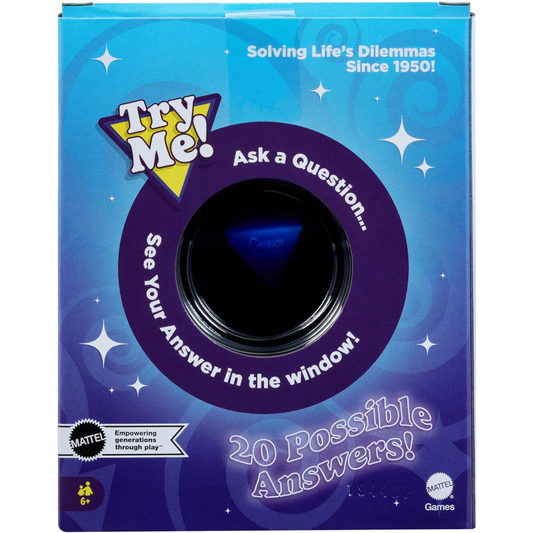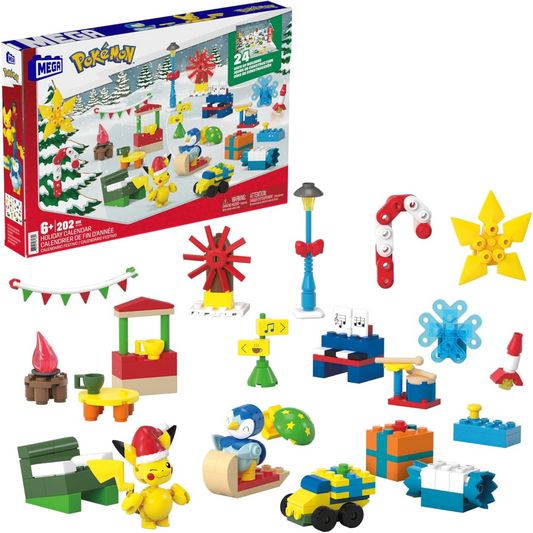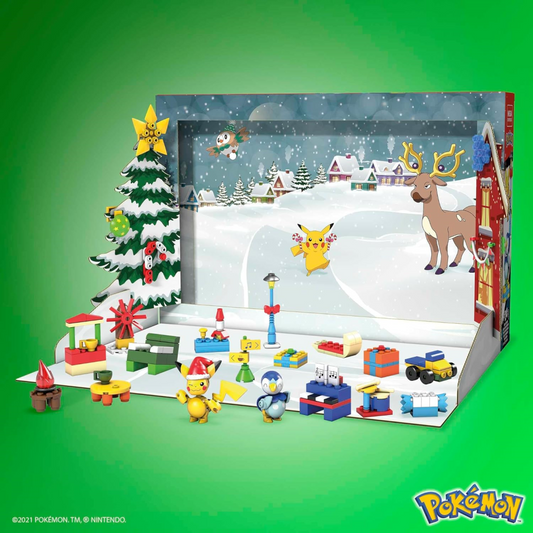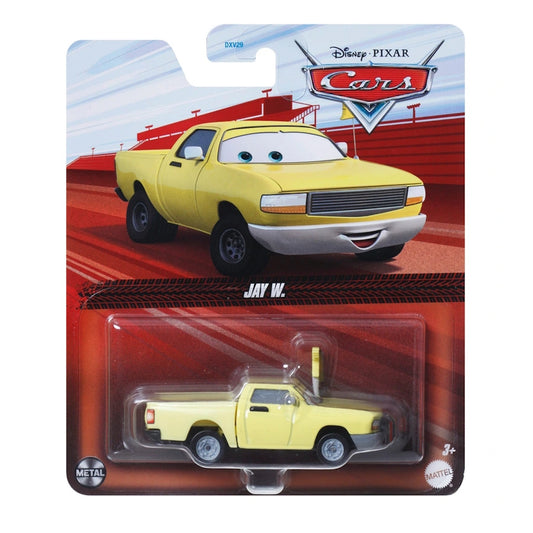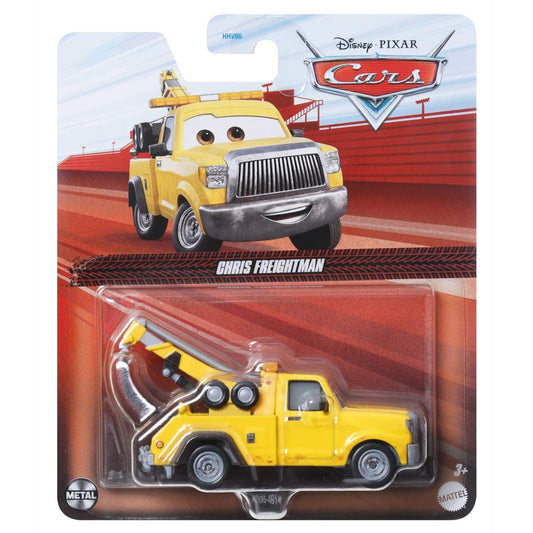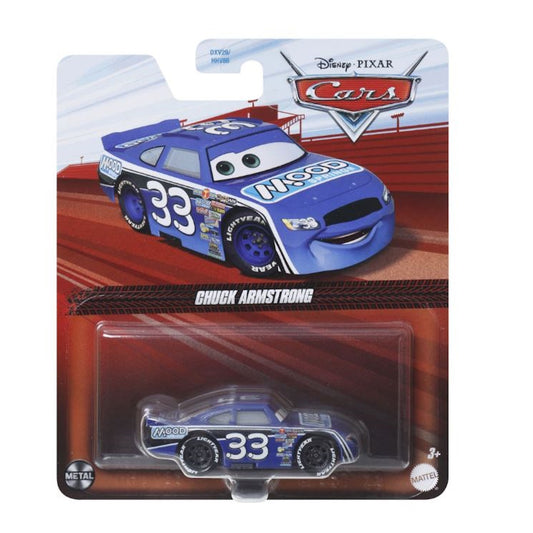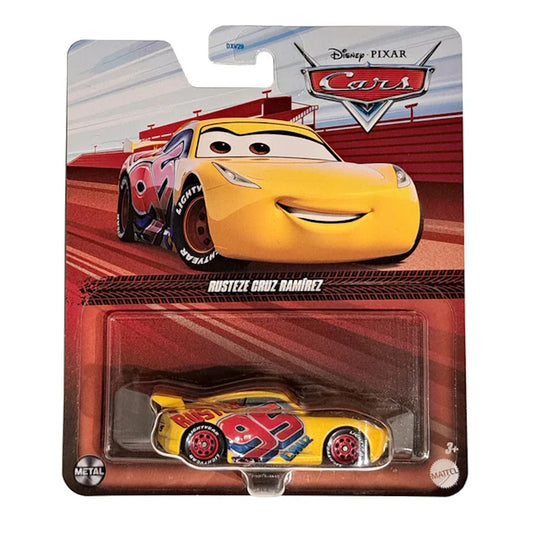Surprising benefits of plush animals
Surprising benefits of plush animals
Toys and plush toys are often ignored in favour of more useful items such as luggage or chargers. Stuffed animals, on the other hand, can surprise you by providing significant health benefits to both children and adults. This means they're a never-ending promotional item.
The best plush animals will appeal to people of all ages and will help you raise money for your school. Do you want to find out how plush animals can help people evolve and learn throughout their lives? Continue reading to learn more about the psychology behind stuffed animals and how they've been shown to make excellent presents.
Early Development and stuffed animals
It's not unusual to see a kid holding on to a plush bunny all day. What's not to like about them? They're soft and cuddly.
However, you may not have realised the value of plush toys in the growth of a young child. Continue reading to find out how a plush animal can help your child's mental and social growth.
Before purchasing plush toys, always ensure all the commercial plush toys you are SAFE for young children. Many of the lower-cost models are unstable, include toxic substances or products, as well as choking hazards. These personalised plush toys are healthy choices for new-borns and older children!
Learning to Self-Soothe
Plush animals are effective in helping young children deal with anxiety and stress, in addition to being adorable. This is that once a baby or child is removed from a parent or caregiver, they often experience distress.
What role does a plush toy play? Plush toys show kids how to soothe themselves.
Learning to deal with negative feelings in a child's first year can be difficult. However, learning to reach for a favourite plush toy will help them develop an important social ability that can last into adulthood.
Early Social Development
In both pretend and true life, plush animals make excellent companions. How do kids do it? When they engage with a "mate," it will assist toddlers in learning social skills.
Up until age two or three, most children are still by playing by themselves and haven’t begun to explore playing in groups. Toys like plush encourage pretend play, which teaches children how to interact with others.
A one-year-old, for example, might pretend to feed a bottle to their stuffed bear. Alternatively, a toddler can encourage their stuffed bunny to join them on the swing in order to share the fun with a playmate.
This is also a vital time for them to develop empathy and sensitivity at this stage of play. Young children's minds are starting to develop crucial interpersonal associations when they interact with and care about their stuffed animals. This ability would be useful later in life when establishing friendships and partnerships.
Early Language Development
Children start communicating at varying ages, but the majority will start learning their language skills at a young age. Children's speech and language skills are developed during the first three years of childhood.
What part does a plush animal play here? Children are finally able to speak to their plush animals after they interact and "socialise" with them. Pretend-play and role-playing games teach them how to communicate physically and verbally with a playmate.
Early Literacy Skills
We're not suggesting that you force your child to read a book, but allowing them to play with plush will help them develop early reading skills. What is the procedure for this?
When a child engages in role play with plush animals, they often have toys "speak" to each other. When their stuffed friends converse back and forth, they are laying the foundations for storytelling. This foundation will aid them in learning to read and write as they develop.
The next time you see your little one playing with their plush toys, pay attention. The way that they play and interact with their toys will tell you where they’re at in their early development.
School-Aged Children
When children get older, they must learn how to cope with big changes. They begin school, meet people who are unlike them, and spend hours away from their comfortable home surroundings. They must also handle social experiences and feelings on their own, which can be daunting at times.
As a result, plenty of today's children suffer from anxiety on a daily basis. Today, over six million children have mental health problems such as anxiety and depression.
What is the significance of this? Since mental health disorders in childhood will lead to health problems later in life. In today's stressed-out age, treating young children with behavioural disabilities is becoming a frequent problem and finding a solution is a big priority.
Stuffed Animals Help Treat Anxiety
While children with serious behavioural illnesses will benefit the most from treatment, a small present such as a teddy bear will still make a huge difference. Stuffed animals have qualities that promote relaxation and warmth.
Holding on to a familiar plush toy during a traumatic situation will make all the difference for school-aged children. The soothing familiarity of an "old buddy," combined with the smooth and fuzzy feel, will help stimulate brainwaves that say, "You're healthy."
Stuffed animals may have aided in the development of social skills in childhood, but at this point in life, they are critical to preserving a stable state of mind. This is also important for a child's development because behavioural disabilities can impair a child's capacity to learn and grow.
A Stress-Relieving Toy for Your Child’s Health
How do you use your child's stuffed toy to help them deal with depression and anxiety? When your kid is nervous, sometimes what it takes is showing him his teddy bear. It can relax and re-centre your kid if he can give his bear a big hug.
You could even try rubbing a drop of lavender essential oil into your child's beloved stuffed animal. Lavender has been shown in research to be an important aromatherapy method for reducing stress and anxiety. It will also aid in your child's sleep, which ensures that their beloved stuffed animal can make them sleep well and perform better through the day.
Stuffed animals have long been common toys among children. Today, they are proving to be important instruments for assisting individuals in developing and growing in healthier ways. When children are given the space and resources they need to develop, the skills they gain will serve them for the remainder of their lives.
Adults and teenagers
You may believe that stuffed toys are just for children, but think again. According to one survey, 40% of adults still sleep with stuffed animals–or storing their childhood teddy bear somewhere safe. Why is this so?
This is because the importance of a cherished stuffed animal in childhood is also appreciated in adulthood. As adults, all of us attach emotional importance to the toys we grew up with.
For stuffed animals especially, they play a bigger role in each person’s life because they teach multiple life skills: social development, literacy, emotional development, and coping skills.
Teddy bears and other plush toys have been found in studies to play important roles in how humans grow and evolve. Getting your cuddly friend with you through crucial learning years offers a feeling of stability and warmth. Even as adults, we never quit wanting these two things.
Stuffed Animals and Adult Mental Health
In the United States, almost half of all people suffer from a type of mental illness. This can manifest as depression, anxiety, or post-traumatic stress disorder.
When a condition like this occurs, finding something to hang onto for warmth will be highly helpful to the recovery process. While our brains will no longer need a stuffed toy for language or social skills, we can still get the same sense of calming warmth from holding a teddy bear as we did as children.
There's an explanation why you'll always see stuffed animals for sale in hospital gift shops. This is due to the fact that these commonplace objects are prized and needed at all ages.
After a big health condition or the loss of a loved one, teenagers and adults will benefit from the warmth of a plush animal. They can help adults recover from extreme trauma, cope with test stress, and cope with homesickness.
They still gain great importance over time and can be treasured at various periods in life. Many parents remind their children about their first stuffed animal and use those experiences to inspire younger generations to have the same positive experience.
Stuffed animals are also important presents for adults due to their nostalgic nature. A teddy bear given to a teenager or adult by their significant other would be treasured for the sweet message it conveys.
A stuffed animal can be both a useful tool and a comforting friend, regardless of your age. Not only do they make great gifts, but they also offer essential benefits for mental and emotional wellness.
Stuffed Animals as Promotional Products
Stuffed animals have been found to be incredibly successful resources for promoting mental wellbeing and growth. They're adorable and cuddly, easy to look at, and difficult to get rid of.
Aside from the nutritional benefits of stuffed toys, they also make excellent advertising presents for fundraiser and marketing activities. So before choosing to advertise on keychains or water bottles, consider that stuffed animals are ideal promotional items.
Strong Retention Rate
If you make a cuddly teddy bear your corporate present, it will not go unnoticed. And if you gave it to the most grumpy financial planner, he or she will still pass it on to children, grandchildren, or neighbours.
As a result, the company's branded giveaway can be stared at more closely and celebrated for a longer period of time. Your brand will be remembered again and again.
The Most Customizable
Stuffed animals are one of the simplest and most satisfying things to personalise for companies. The colour of a teddy bear's shirt or bandana is often customizable.
Customization is easy, and the company's logo can be featured prominently beneath a cute smile. Your company's name will be recognised and noticed every time a future buyer reaches for it.
Resells for Easy Fundraising
A plush toy is a great choice if you're looking for promotional items for charity or merchandise. The sight of famous brands on an adorable teddy bear will delight attendees at school fundraisers.
A stuffed animal with the name would be a quick sale for clubs or charitable groups looking to raise money. Members of your community will be happy to donate $20 to both support a cause and get a cute plush pal.
The Ideal Present
It's critical to choose a promotional piece that complements your brand when planning your next corporate event or marketing strategy. Choosing items that have both fun and health benefits, such as stuffed toys, may be the secret to a good campaign.
Searching for the perfect stuffed friend for your next school fundraiser? Browse our selection of plush and presents for kids.

